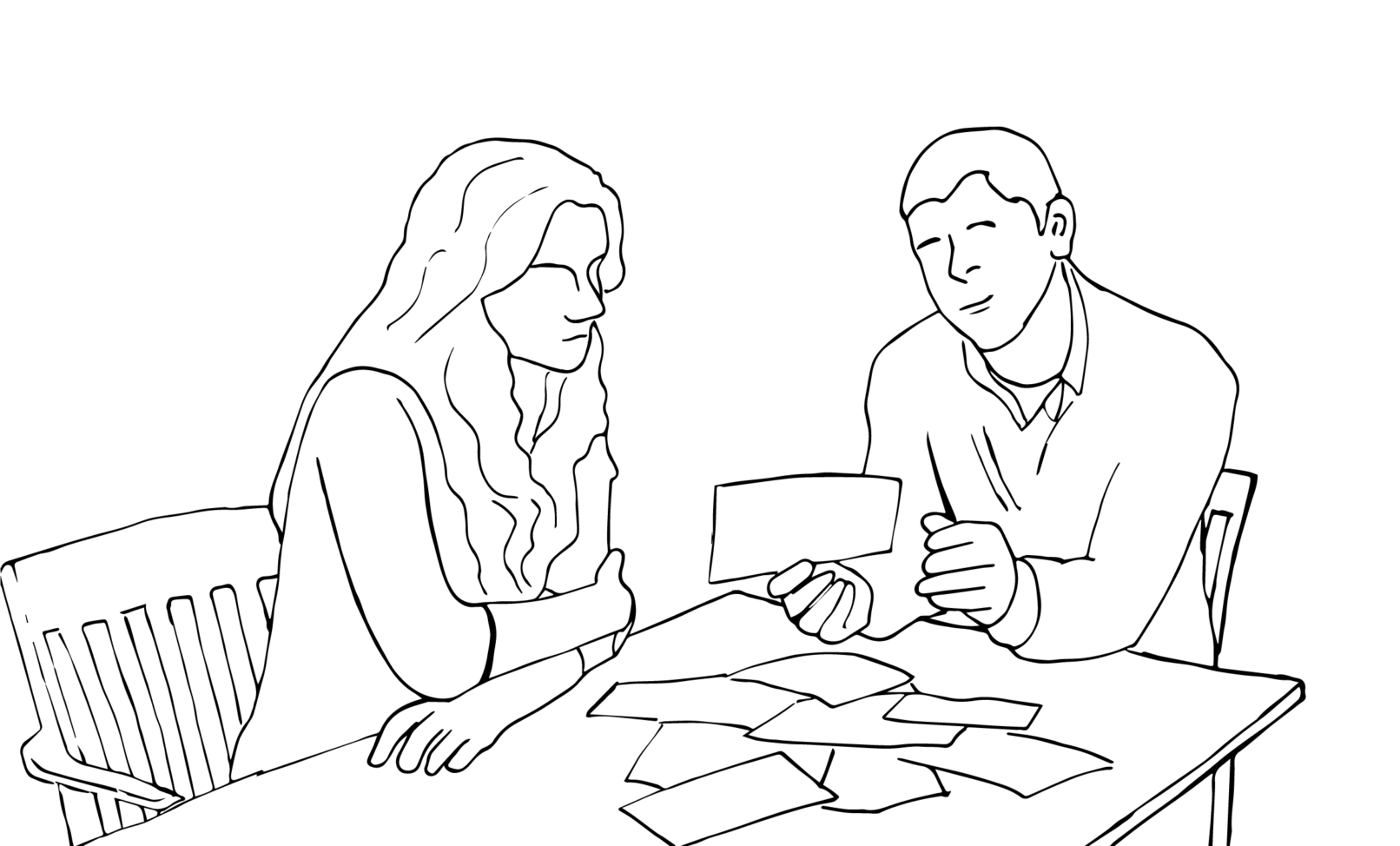Before you start working on your project it is crucial that you understand who your customers are, and what they need. While it is easy to get carried away by ones own passion for an idea, investing in proper customer research will save you money, time and heartache by increasing the chance for quick market fit.
General Tips
Regardless of the type of customer research you are conducting there are some guiding principles that you should keep in mind. If you would like a template for how I conduct my interviews you can get it from the form below:
Now onto the tips!
Avoid leading questions
When talking to a potential customer you will have competing goals. You want to understand the truth about the problems that plague them, while they want to be liked by you. The need to gain others approval is a deeply ingrained behaviour, and to get around it we need to be careful when setting up our research.
One way to get as much unbiased data as possible from users is by starting broad and then slowly narrow the questioning closer to the product we hypothesise will help them. That way we gather maximum amount of unbiased data before revealing what we are working on.
Example:
Let us imagine that we are investigating the possibility of building a self-cleaning microwave. In this case we would not start an interview by asking “would you find a self-cleaning microwave useful?”. If we did that we would be steering the user towards saying “yes” by letting them know what we are working on.
A better question would be “what do you find most annoying when using your microwave?”.

Focus on problems, not solutions
Many potential customers will be eager to share their take on how to address the problem. Take what they say with a grain of salt and aim to steer the conversation towards discussing the problems that besiege them instead of their proposed solutions.
The reason for doing this is that in the vast majority of cases the customer lacks the business and/or engineering knowledge necessary to propose solutions that will be possible to integrate into a profitable product. Even in the case where the customer is an engineer and has the necessary business expertise I suggest you focus on discussing problems. After all, that is the area in which they have more expertise than anyone else.
Never ask “would you buy this?”
This question, together with “how much would you pay for this?” are worse than useless. Not only will the answers you get be untrustworthy, but you also reveal your agenda by asking these questions. As soon as the interviewee knows what you are doing they will work hard to protect your feelings by holding back negative feedback.
The only way to really understand if someone is willing to purchase your product is to present them with an opportunity to open up their wallet.
With that I hope you found these tips useful. If you would like to get notified when I post more content related to product design and business feel free to signup below.